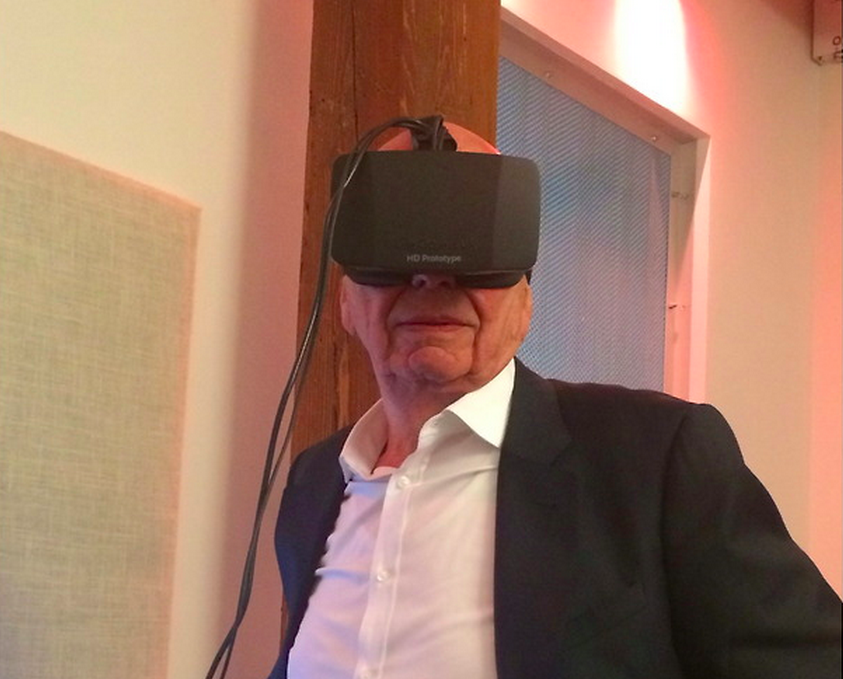I still recall the frustration when I first entered the workplace and tried explaining to someone significantly older than myself that soon people wouldn’t care about working at a particular desk every day, that a place of business would not be a second home and that it was all headed in a much looser and more mobile direction. That conversation did not go far.
So, I certainly won’t discount Christopher Mims of the WSJ when he argues that most work in the future will be remote and aided by tools like Virtual Reality teleconferencing. I really only question the “most” part of his assertion, as these tools, once improved to satisfactory levels, will certainly be employed in business in the same manner as tablets and smartphones.
Of course, if automation takes all our jobs, we’ll be able to use our VR helmets to imagine the poorhouse is a five-star hotel. How sublime the new poverty!
From Mims:
I am convinced that the future of remote work—that is, the future of most work—is devices few people have been privileged to try, but won’t want to abandon once they do.
Let’s take this in order of when these technologies will be available. Oblong Industries was started by John Underkoffler, who designed the futuristic computer interfaces in the film Minority Report. Since 2013, Oblong has sold to deep-pocketed clients systems for fully outfitting conference rooms with banks of large monitors, cameras for videoconferencing, software that allows anyone present to wirelessly display the contents of his or her laptop or tablet on these screens, and Nintendo Wii-style wands that allow them to point at and manipulate this content.
Sitting in one of these rooms not long ago, I got the feeling that the Oblong staffers I was remotely collaborating with weren’t somewhere else so much as in a room right next door, and that I was looking through a glass window at them.
This year, Intel Corp. is rolling out its RealSense technology, which gives the cameras in laptops the ability to see and understand depth, just like Microsoft’s Kinect. Sanjay Patel, CEO of Personify, says he thinks RealSense will show up in tens of millions of notebooks this year, as every major PC manufacturer has revealed models that incorporate it. By the end of the year, it may also show up in tablets and phones.•

